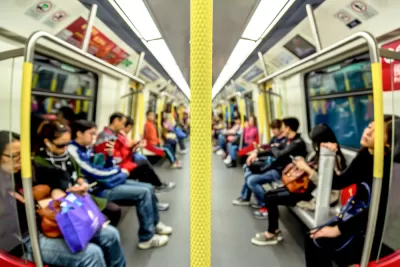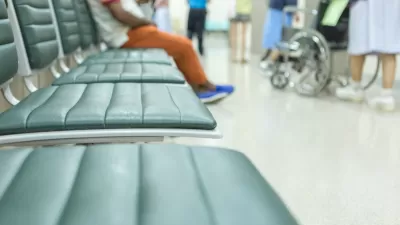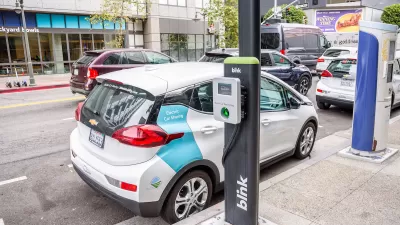Results from a YouGov survey indicate there is interest in subway and train cars being designated as women only, especially among female riders, younger riders, and people who have had negative interactions on public transportation.

YouGov, an international online research group, recently conducted a survey that asked 31,000 Americans if transit agencies in the United States should designate the first car of each subway train for women only like Japan, India, and Brazil do. According to their results, “43% of Americans somewhat or strongly support the trains and subway systems nearest to them reserving a car for women only. In comparison, only 30% of Americans oppose the adoption of this policy, and 27% are not sure.”
The picture becomes more interesting the farther you delve into the data. The following are some highlights (the original article has some excellent charts illustrating the results that are worth checking out):
- Women were more likely than men to support it (48 vs. 38 percent) and less likely to oppose it (22 vs. 37 percent).
- Ridership frequency impacts level of support: of those who support women-only cars: 60 percent of those who ride daily were in favor, as were 55 percent of weekly riders, 52 percent of monthly riders, 44 percent of those who ride a few times a year, and 37 percent of people who never ride transit.
- Opposition to women-only cars is strongest among Americans who say they never ride transit.
- Younger riders are more in favor of the policy, 56 percent of adults under 30 versus 32 percent of adults 65 and older.
- People who have had negative experiences on public transit (35 percent) are more likely to support women-only cars.
YouGov article authors Macel Moran and Taylor Orth conclude, “These results indicate significant interest from Americans in their local transit systems experimenting with women-only cars on trains and subways. Particularly in the context of decreased transit ridership nationwide in the wake of the COVID-19 pandemic, such a policy could potentially encourage transit use among women with previous negative experiences on public transportation.”
FULL STORY: Should U.S. transit systems designate women-only cars?

Alabama: Trump Terminates Settlements for Black Communities Harmed By Raw Sewage
Trump deemed the landmark civil rights agreement “illegal DEI and environmental justice policy.”

Planetizen Federal Action Tracker
A weekly monitor of how Trump’s orders and actions are impacting planners and planning in America.

The 120 Year Old Tiny Home Villages That Sheltered San Francisco’s Earthquake Refugees
More than a century ago, San Francisco mobilized to house thousands of residents displaced by the 1906 earthquake. Could their strategy offer a model for the present?

In Both Crashes and Crime, Public Transportation is Far Safer than Driving
Contrary to popular assumptions, public transportation has far lower crash and crime rates than automobile travel. For safer communities, improve and encourage transit travel.

Report: Zoning Reforms Should Complement Nashville’s Ambitious Transit Plan
Without reform, restrictive zoning codes will limit the impact of the city’s planned transit expansion and could exclude some of the residents who depend on transit the most.

Judge Orders Release of Frozen IRA, IIJA Funding
The decision is a victory for environmental groups who charged that freezing funds for critical infrastructure and disaster response programs caused “real and irreparable harm” to communities.
Urban Design for Planners 1: Software Tools
This six-course series explores essential urban design concepts using open source software and equips planners with the tools they need to participate fully in the urban design process.
Planning for Universal Design
Learn the tools for implementing Universal Design in planning regulations.
Clanton & Associates, Inc.
Jessamine County Fiscal Court
Institute for Housing and Urban Development Studies (IHS)
City of Grandview
Harvard GSD Executive Education
Toledo-Lucas County Plan Commissions
Salt Lake City
NYU Wagner Graduate School of Public Service





























